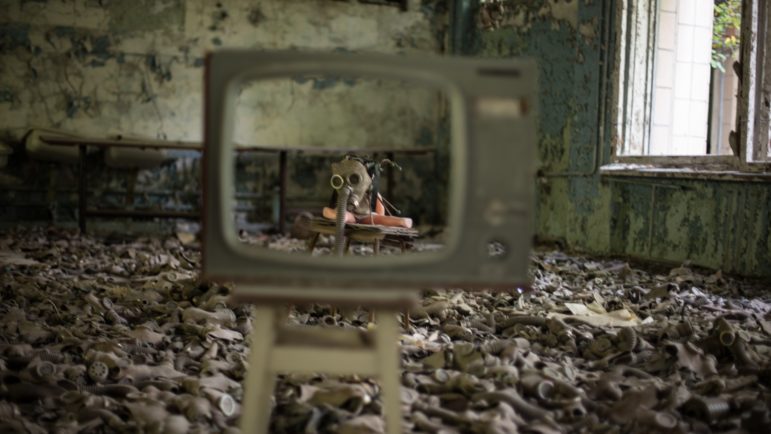
“Covering the story also meant living the story,” said Namini Wijedasa, Assistant Editor at The Sunday Times in Sri Lanka. Wijedasa, who reported on the ending of Sri Lanka’s brutal civil war, described her experience and shared tips at an Uncovering Asia 2018 session on covering conflict.
Her biggest tip? Stay alive. Wijedasa’s fellow journalists faced arrest, abduction, assault and murder for openly reporting on war crimes. Her coverage of clashes between Sri Lanka’s military and the rebel group Liberation Tigers of Tamil Eelam appeared on The Economist, but without a byline very few people knew that. The war ended in 2009, and her identity was only revealed in 2015.
“Use backing from the journalistic community,” urges Wijedasa, adding that passing information to foreign journalists could sometimes be prudent.
Co-panelist Maria Abi-Habib, South Asia correspondent for The New York Times, reported from Afghanistan and the Middle East during Arab Spring. Her advice in conflict zones: Be a good guest. The locals are usually the ones helping reporters navigate high-tension areas and providing them with substantial accounts of the events. Leaving something for people helping you get your story — be it a helmet or some food— is thoughtful.
Reporting on conflict is really hard, but doing investigations in a conflict zone takes it to another level, said session moderator Maria Teresa Ronderos, director of Open Society Foundation in London and a Colombian journalist.
“Work smart, not hard,” said Wijedasa, addressing Ronderos’s point. She suggests taking advantage of organized trips to the area; and to be attentive to detail rather than trying to collect as much information as possible. It’s also helpful to have a focus, for example recruitment of child soldiers.
“Meet as many people as possible,” said Abi-Habib. Accounts from lower-level soldiers or militants will provide more layers to the story than the government’s statement. And protect against burnout. Abi-Habib has learned that people might begin to disregard useful information as the conflict becomes part of their everyday life.
All the panelists admitted to being personally impacted by the wars they’ve covered. Conflict reporters are well-advised to implement self-care strategies, not only to protect themselves, but to ensure their reporting is not affected.
Check out Namini Wijedasa’s tipsheet here.
 Kornelija Ukolovaitė is a student at Minerva Schools at KGI, and is currently based in Seoul. She completed an internship with the investigative unit at Lithuania’s 15min, and is a freelance researcher at the Organized Crime and Corruption Reporting Project (OCCRP).
Kornelija Ukolovaitė is a student at Minerva Schools at KGI, and is currently based in Seoul. She completed an internship with the investigative unit at Lithuania’s 15min, and is a freelance researcher at the Organized Crime and Corruption Reporting Project (OCCRP).
